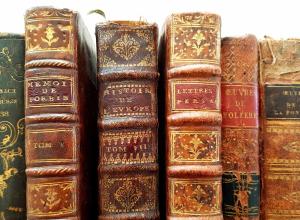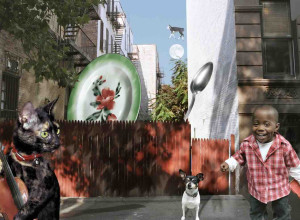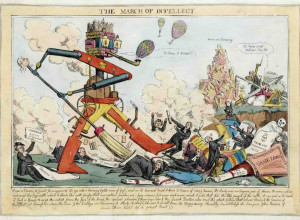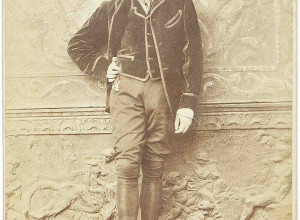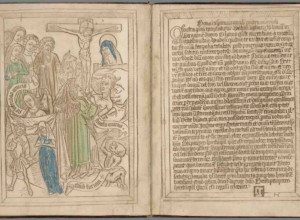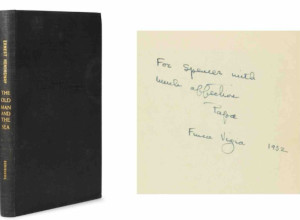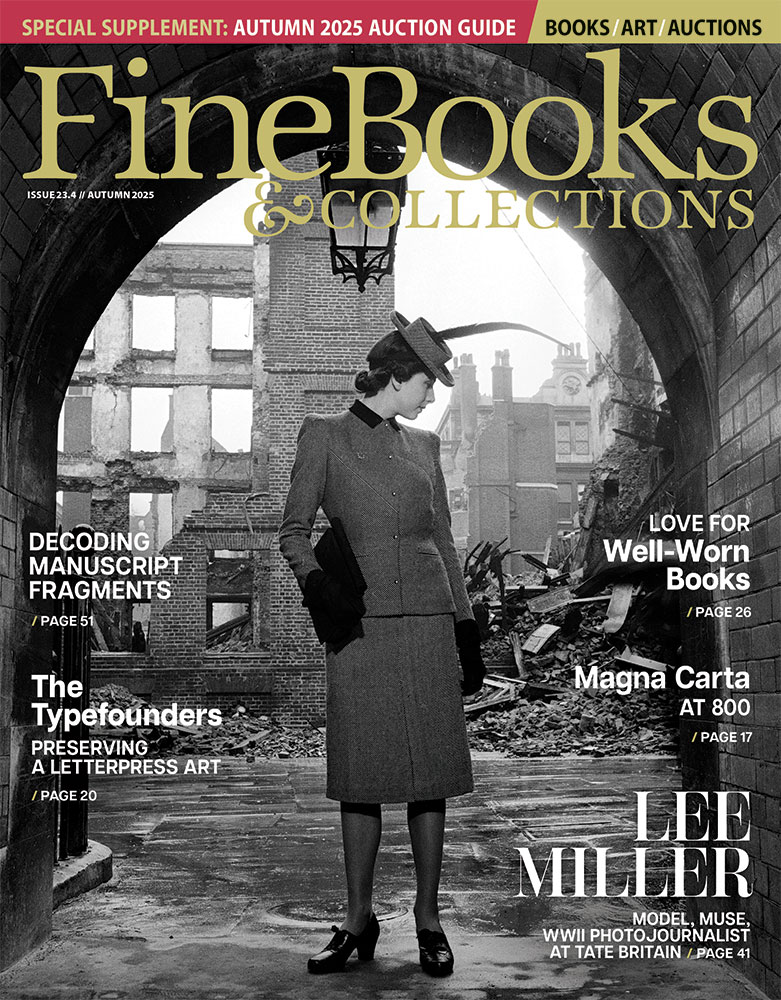September 27, 2012 |
The Collections of Huguette Clark
 I've been thinking lately about Huguette Clark. She died well over a year ago. What's happening to her extensive doll collection, supposedly worth millions? What about her rare books?
I've been thinking lately about Huguette Clark. She died well over a year ago. What's happening to her extensive doll collection, supposedly worth millions? What about her rare books?Some catch-up: Huguette Clark was a reclusive New York heiress who inherited a vast fortune from her father, William Andrews Clark, one of the richest (and most disliked) of the Gilded Age industrialists. Clark was a socialite in the 1920s, before disappearing from the public eye after a failed marriage that ended in divorce in 1930. (That divorce, incidentally, also produced the last known photograph of her, seen above). Clark retreated into a grand old apartment on Fifth Avenue overlooking Central Park. While she eventually purchased the entire 8th floor of that building, along with mansions in Santa Barbara and Connecticut, Clark moved permanently into a hospital about twenty years ago where she took a pseudonym and lived under the care of a private nurse. Clark died at age 104 in March of 2011, leaving behind an estate worth about $500 million.
Clark, who said once that "wealth is a menace to happiness," used a slice of her fortune to amass an impressive doll collection. She began collecting dolls when she was five, focusing in particular on historic French dolls. Clark was born in Paris, spoke French fluently (apparently preferring it to English), and purchased most of her dolls from old French shops such as An Nain Bieu. The dolls were housed in their own suite of rooms in one of her Fifth Avenue apartments. The doll collection is supposedly worth millions today -- but nothing has been mentioned of it since the media blitz after Clark's passing last year. Apparently, the collection passed to her nurse, Hadassha Peri, along with a decent sized chunk of her estate. But what Peri did with the dolls remains a mystery. The New York apartments (which, by the way, were supposedly like walking into a time-warp - check out their amazing floor plans here), have already been sold, so the dolls must have moved into a new home. However, I have seen no mention of them in any auctions over the last year. (Clark's jewelry collection, meanwhile, brought a cool $20 million at Christie's earlier this year). So what has Peri done with them? Does she intend to sell them -- donate them? It sounds like a collection worthy of a museum, so it's a bit of a shame that they're just sitting somewhere out of commission, not being added to, not being sold, not being viewed.
All of this serves as a good reminder to us book collectors: include a provision in your will for your books. Arrange for them to pass to someone interested in them, or have them donated to a library or sold at auction on behalf of your heirs. It's so important to keep collections in the hands of appreciative audiences.
Clark, by the way, apparently owned a number of rare books in her time-warp apartments, although I can only find scant mention of them in the various newspaper articles about her death. It appears that they will be moved to her Santa Barbara mansion, along with her very impressive art collection, as part of a soon-to-be-formed public museum under the direction of the newly created Bellosguardo Foundation. What rare books she owned, however - along with so much else about the heiress - remains a mystery.






